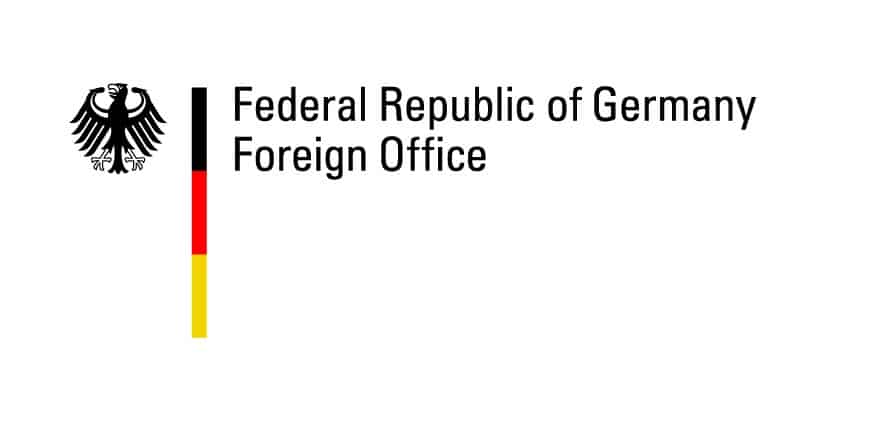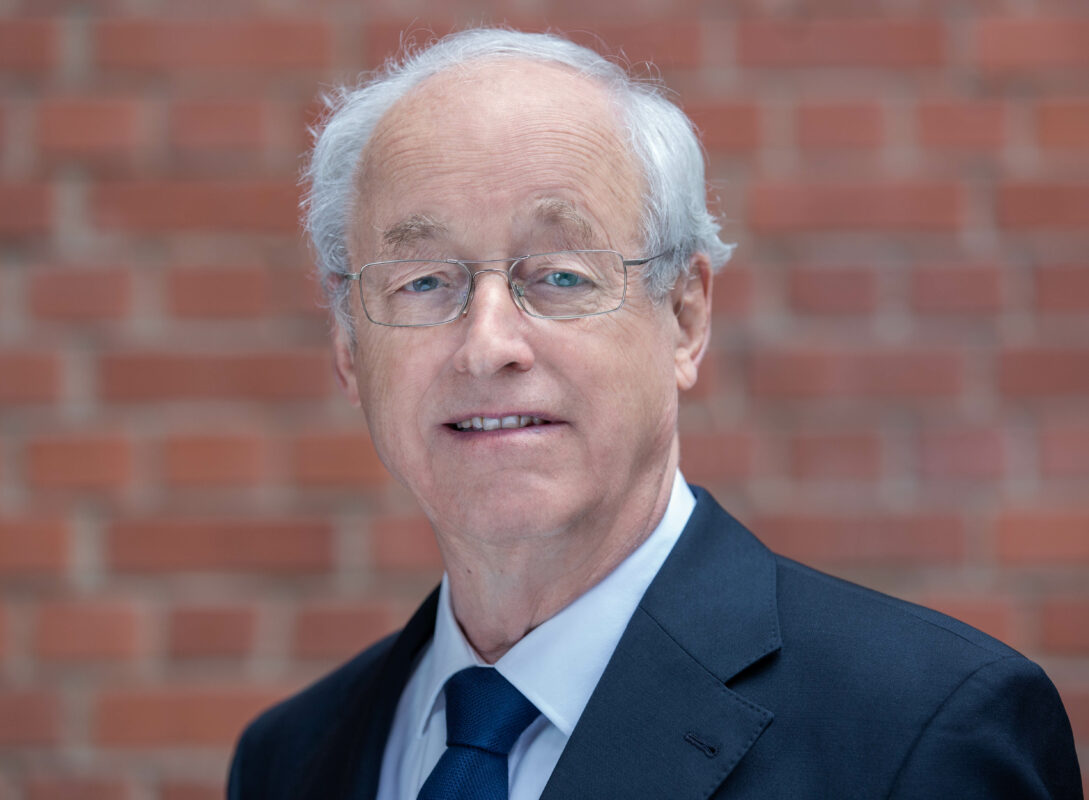Strengthening the Legal and Technical Capacities of Sudanese political parties, civil society, policymakers and institutional actors: Analysing the Interim National Constitution of the Republic of the Sudan of 2005 and Implementing Legislation
In the beginning of 2014, the Sudanese President Omar al-Bashir called upon all political forces and the civil society in the country to take part in a National Dialogue to find a common solution for a more prosperous future addressing the country’s social, political and economical challenges. However, while the National Dialogue Conference was eventually launched in October 2015, it was conducted without the participation of the major opposition parties. The final recommendations of the National Dialogue are envisaged to form the basis for a new constitutional order that shall govern the Republic of the Sudan from then on amending the current Interim National Constitution of 2005.
Aimed at supporting these commitments towards a future constitutional reform while fostering dialogue across party political lines, the Max Planck Foundation started implementing its new comprehensive programme in June 2016. The project is funded by the German Federal Foreign Office and its activities are primarily aimed at the capacity building of the Sudanese stakeholders in the area of constitutional law.
The project runs until the end of December 2017 and envisages the implementation of seven workshops and one high-level conference. All workshops and the concluding conference will focus on assessing the Interim National Constitution of the Republic of the Sudan of 2005 and its implementing legislation from a comparative constitutional law perspective. The individual workshop activities will be addressed to an inclusive and representative group of influential high-ranking members from across the most representative Sudanese political parties, including members from the government as well as from the opposition, and representatives of Sudanese regional and other interest groups and civil society. Beyond, to ensure that the discussions taking place in the fora are directly addressed to the respective institutions assigned with the implementation and protection of the constitution, the Max Planck Foundation further extends the invite only forum to institutional representatives such as judges of the Sudanese judiciary, Sudanese parliamentarians, representatives from the Sudanese Ministry of Justice, members of the Sudanese National Human Rights Commission and/or other relevant policy officials in Sudan.
Along with experienced researchers and experts of the Max Planck Foundation, the workshops will receive presentations from international experts with a wide range of experience as well as from Sudanese experts, who are especially attuned to the Sudanese context. Beyond, in view of the inclusive group, the workshops further endeavour to promote and encourage discussion between the various interest groups on different options for a future constitutional order in Sudan. Therefore the format of the project activities is distinctly designed to provide a collegiate atmosphere for discussions within a neutral forum. Separate sessions are exclusively allocated to discussions so that the participants obtain ample opportunities to exchange their respective viewpoints, raise their questions and engage with their colleagues and the experts.
With this project the Max Planck Foundation builds on the efforts of its previous project Constitutional Support in Sudan: Trust building measures aimed at supporting Sudan’s commitments towards a constitutional process, which successfully concluded with a high-level conference in Khartoum in May 2016.
Funding

Duration
1 June 2016 – 31 December 2017
News Items

Concluding Conference in Khartoum, Sudan

Final Workshop for an Inclusive Group of Sudanese Stakeholders

First Workshop for an Inclusive Group of Sudanese Stakeholders in South Africa

Sixth Workshop for an Inclusive Group of Sudanese Stakeholders

Fifth Capacity Building Workshop for Sudanese Representatives of Political Parties and Stakeholders

Fourth Capacity Building Workshop for Representatives of Various Sudanese Political Parties and Stakeholders

Third Workshop for Representatives of Various Sudanese Political Parties and Stakeholders in Khartoum

Capacity Building Workshop on Constitutional Law in Khartoum, 9 February 2015

Workshop on Designing Constitutional Processes in Khartoum

Max Planck Foundation Starts Preparations for Capacity Building Programme in Sudan
Contact

Prof Dr Rüdiger Wolfrum
Email:
Phone: +49 6221 91404 37
(See full profile)
